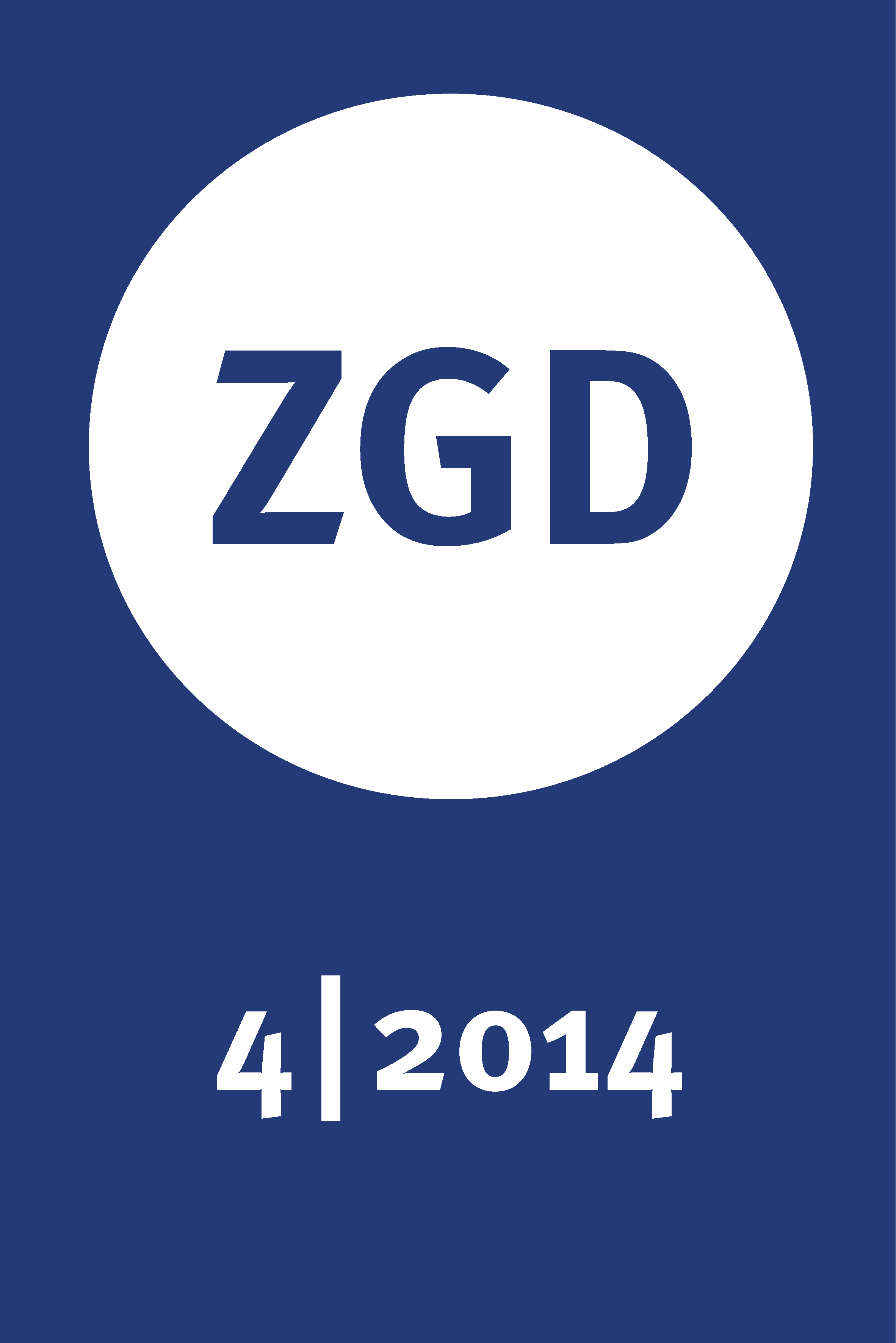Whole Day Teaching Provision and the Concept of Regional Learning 21+
An Empirical Study on Educational Offer Development for Afternoon Schooling
DOI:
https://doi.org/10.18452/23990Keywords:
extracurricular activities, modules for whole day teaching, school curriculum, regional learningAbstract
Traditionally the German school day lasted from eight to one o'clock but, in recent time, many schools now run from early morning until mid-afternoon. In the framework of regular whole day teaching provision, non-school places of learning have so far been underused. A structured opening up of lessons could counter this. Similarly, the integration of afternoon extracurricular activities into the curriculum, and the quality of afternoon extracurricular activities can be improved. The alignment of individual support programmes and afternoon extracurricular activities with lessons, in terms of content and methods, is important. In this sense, modules for whole day teaching were developed, using content from the school curriculum and new, innovative pedagogical methods. These modules are designed to effectively connect learners with the lifeworld of their region, in particular, through regional learning, practice orientation and cross-disciplinary learning. The positive effect of the modules for pupils was empirically demonstrated.
Downloads
Published
How to Cite
Issue
Section
License
Copyright (c) 2022 Journal of Geography Education

This work is licensed under a Creative Commons Attribution-NonCommercial-NoDerivatives 4.0 International License.







